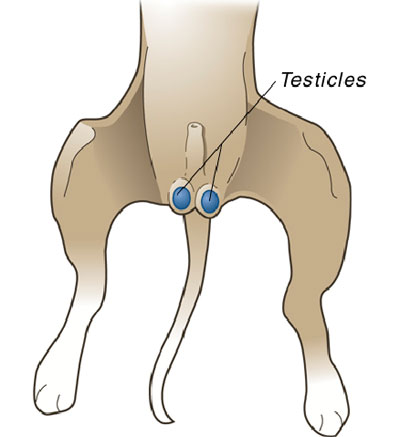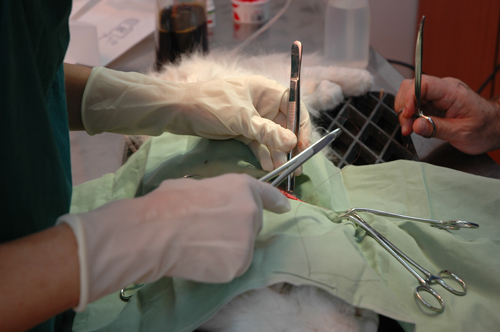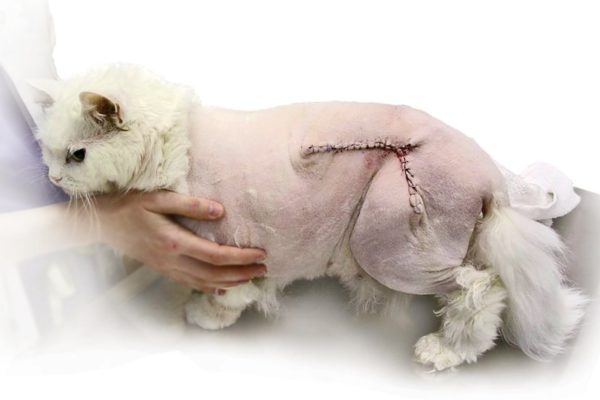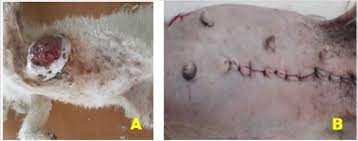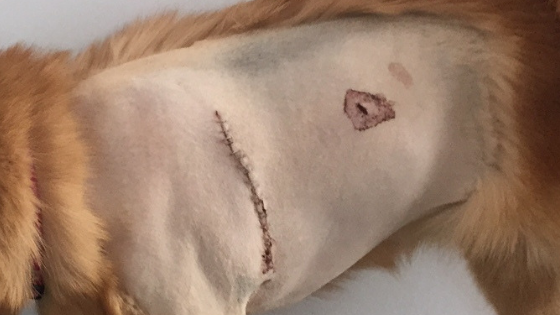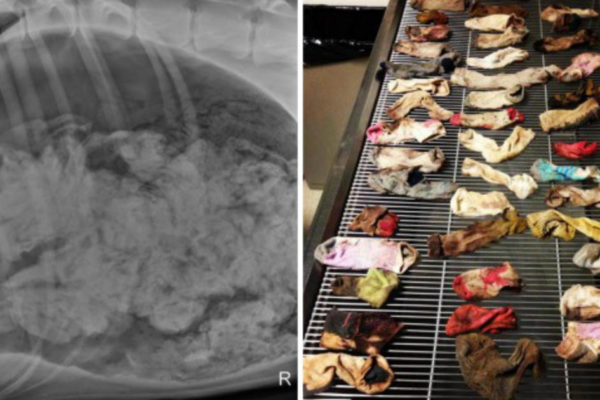
Spaying your female pet has many benefits. The procedure, which prevents female animals from becoming pregnant and reproducing, can help your dog or cat live a longer, healthier life. Spaying will not change your pet’s personality.
By spaying your female pet, you’re protecting her against potentially deadly diseases, including bacterial infections, reproductive tract diseases, and several types of cancer. You also won’t have to worry about her going into heat. This means avoiding the mess that often accompanies the heat cycle in female dogs and the pacing and crying that happens with female cats. Female dogs cycle about every 6 to 9 months. Female cats are induced ovulators: this means they can cycle continuously or not at all.
In addition, spaying your pet will help control the dog and cat overpopulation problem, keeping more animals out of shelters.
Spaying, which involves removing the ovaries and uterus, is a surgical procedure and does need to be performed with the pet under anesthesia. We follow strict protocols and continually monitor your pet’s vital signs to help ensure her safety. Please see the descriptions under Anesthesia and Patient Monitoring for more information on what we do to keep your pet safe.
We recommend that female animals be spayed before their first heat cycle. In most cases, this is accomplished if pets are spayed at 6 to 8 months of age. Older females can and still should be spayed, it is just that the surgery is more complicated and you lose some of the protective effects with each successive heat cycle.
To set up an appointment to have your pet spayed or to learn more about this procedure, call (519) 472-3770 or visit our clinic. If you are struggling with the decision of whether to spay your pet, please call us so we can discuss your concerns.

